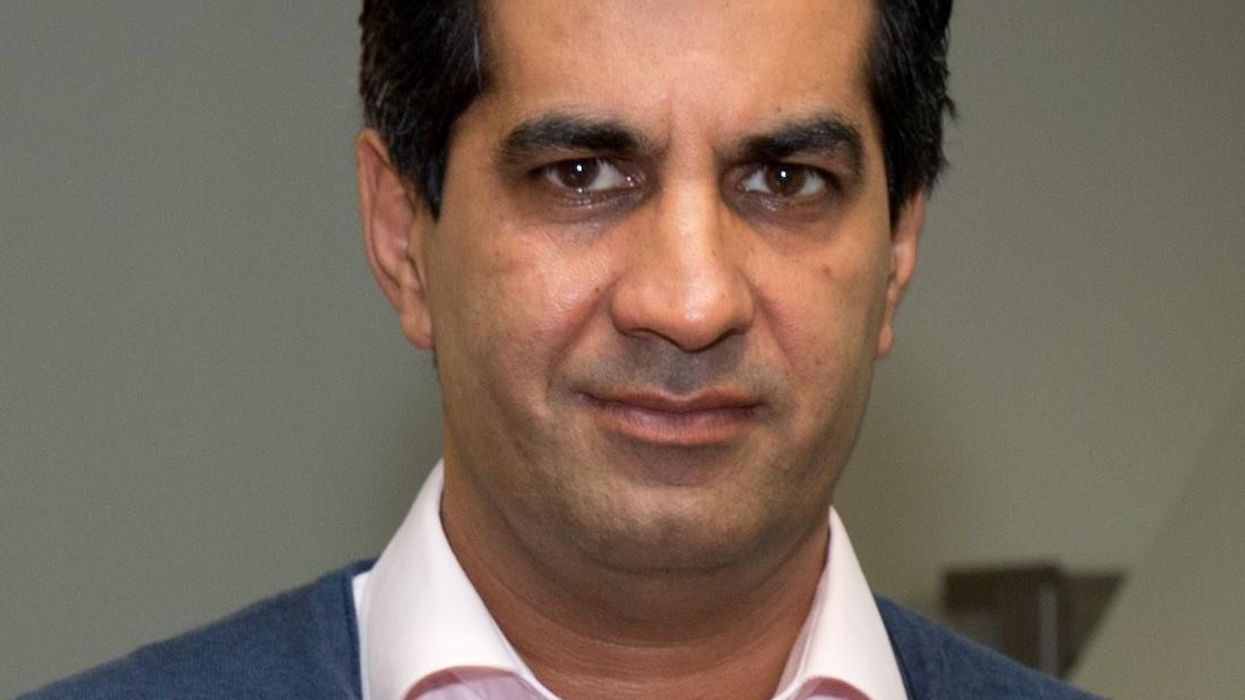ASIAN entrepreneur Ranjit Singh Boparan's firm reported a £23.1 million loss last year, only a slight improvement on the £28.5m pre-tax loss the company recorded in 2022.
The UK's largest poultry producer experienced a second consecutive year of losses due to the rapid increase in interest rates and unexpected inflation in its pension scheme, The Times reported.
Boparan owns 2 Sisters Food Group, Bernard Matthews and several high street restaurant chains.
The net financing charges at 2 Sisters surged by over 25 per cent to £62.3m, indicating a rise in the company's debt to a net £526m in 2023, up from £488m in the previous year. This escalation in debt resulted in a ratio of 5.1 times adjusted earnings before interest, taxes, and other items, compared to a multiple of 4.9 in 2022.
Rising financing costs offset the revenue increase from £2.8 billion to £3bn. Prices were raised to tackle double-digit operating cost inflation, including labour, energy, and feed prices. However, the operating margin slipped to 1.3 per cent from 1.4 per cent in 2022.
In March, it was reported that Nigel Williams, a former Starbucks executive, will oversee a refinancing of the firm's debts ahead of a deadline of June next year.
In the past few years, Boparan has sold off brands like part of its Fox's Biscuits business and Matthew Walker Christmas Puddings. The money earned from these sales was used to reduce the company's debt burden.
“In reality it was a resilient performance set against war in Europe, hyper-inflation and post-Covid labour challenges, and associated inflationary costs are reflected in the numbers," Boparan was quoted as saying.
The company expressed cautious optimism about its financial performance for the current fiscal year. Additionally, worker shortages at its poultry processing plants had shown signs of improvement.
Boparan Holdings serves as the parent company of 2 Sisters Food Group, which supplies the majority of the UK's supermarkets and major retailers in the Netherlands with chicken and turkey products. Moreover, it produces own-label packaged foods like pizzas, soups, and ready meals. The Boparan family also holds ownership of Bernard Matthews, the UK's leading turkey supplier.
Established in 1993, 2 Sisters operates across 23 food manufacturing sites in the UK, the Netherlands, and Poland, employing approximately 15,000 people.
Last July, the deficit in the company's defined benefit pension scheme soared to £89.3m, attributing this increase to higher-than-expected inflation and lower investment returns. This shortfall primarily stems from Northern Foods, which Boparan acquired over a decade ago in a £342m deal. Boparan has committed to injecting £235m in cash until 2031 to address the deficit.
The company clarified that the reported pension deficit was significantly influenced by market fluctuations at the time of reporting, adding that a 52-week snapshot does not accurately reflect the situation. Moreover, it noted that the deficit has decreased by more than half over the past five years.
Aside from their food-related ventures, Boparan, 57, and his wife, Baljinder Kaur Boparan, own nine high street restaurant chains, including Gourmet Burger Kitchen, Giraffe, and Carluccio's.





